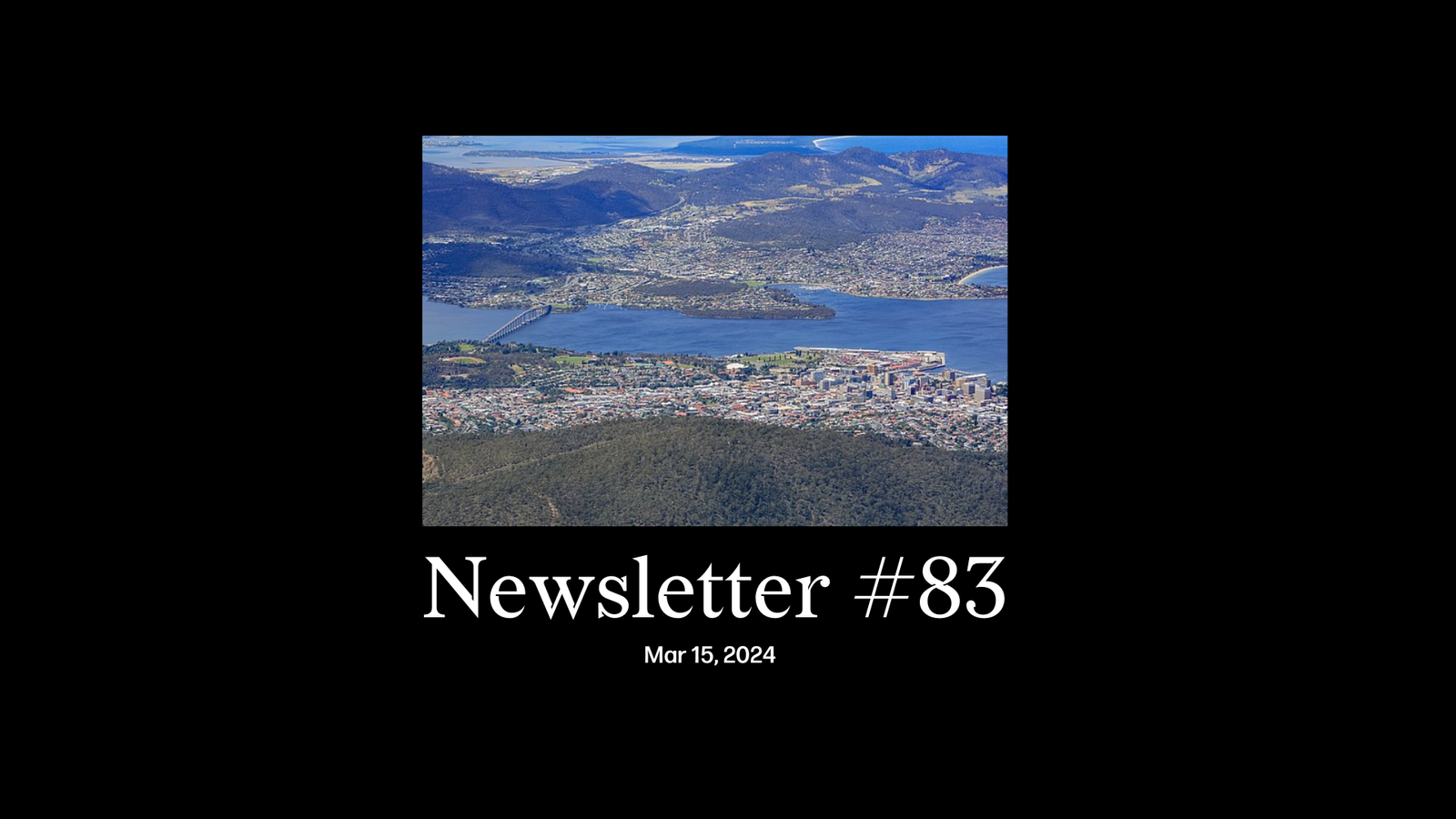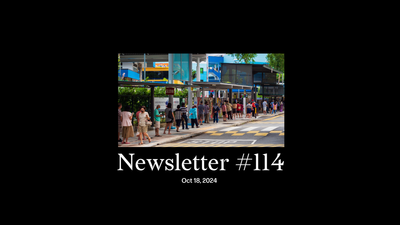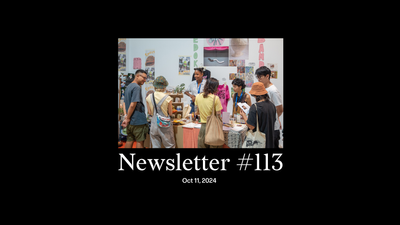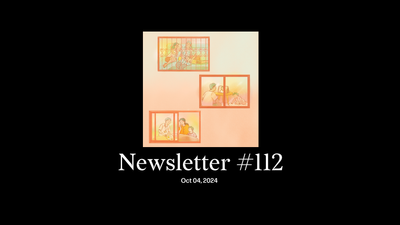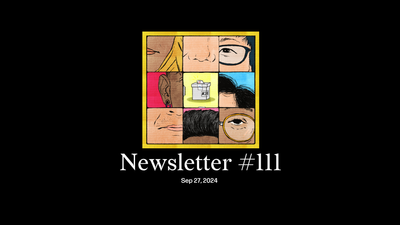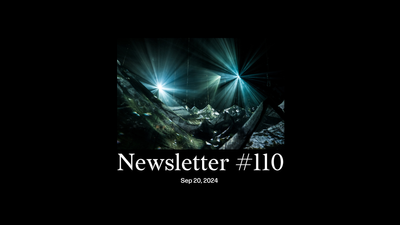Dear reader,
We’ve got an announcement about our new head of content at the end of this newsletter, but first: what can Singapore learn from efforts globally to recognise and improve indigenous rights? How can we do so in a way that’s inclusive, that’s cognisant of successive waves of immigrants, and that doesn’t diminish the sense of belonging of newer Singaporeans?
“Postcard from nipaluna: beyond Acknowledgment of Country”, by Lin Yanqin, prods us to think about these questions. Yanqin, a Singaporean journalist who lives in Melbourne, went on an Aboriginal “truth-telling” walking tour around Hobart (nipaluna), Tasmania’s capital. Beneath the gleaming artifice of the colonial city, their stories and histories burst to life. “I began to see and think of Hobart as nipaluna Hobart, a conjoined name used by some, reflecting a connection I had not understood until then.”
Yanqin turns the lens onto herself, the child of migrants to Singapore, and her own relationship to our city-state. “[T]he dominant national narrative remains one of celebrating ‘modern’ Singapore and all its capitalist achievements. We lack a deeper national appreciation for our own ‘first peoples’.”
To be sure, the distinction between “first peoples” and others is clearer in the Australian context. Yanqin speaks to Faris Joraimi, Jom’s history editor, who says that the long histories of migration, intermarriage and acculturation here “render categories like ‘native’ and ‘foreigner’, as we understand them in our present-day sense, not very helpful.”
Many contemporary political debates and issues—from citizenship status in India to the rise of the far right in Europe and the US—are at their heart questions about group identity, history, and the rights to land. Yanqin’s exploration of these thorny issues offers us the space to think about them in various contexts—whether that be Singapore, or the future of disenfranchised and oppressed Palestinians.
Who will tell their truths? Well, many Singaporeans have been trying to. In “Singapore This Week”, we look at the latest local iteration of “The Gaza Monologues”, a heart-wrenching collection of testimonials by Palestinian youths. Last week’s “live” edition was controversial, given that Alvin Tan, a minister of state with the ruling People’s Action Party, was at first going to attend, only to pull out at the last minute because he was “unwell”. What was the controversy? Who replaced him?
Read “Singapore This Week” to find out. Elsewhere in the edition we look at a moment of unanimity in Parliament, the spread of misinformation about Singapore in China, the alleged homophobic assault on drag queen Kira Moon, why Singaporean couples prefer to stop at one (child), Checkpoint Theatre’s egalitarian ticketing policies, the merger between Shiok Meats and Umami Bioworks, and more.
Jom’s readers and their “Letters to the editor”. I’m glad this section is taking off. Over the past month, there was a lively debate, one reader responding to another, around the issue of toxic masculinity in the army. This past week, another reader has offered a rebuttal to my suggestion that Singaporeans might feel guilty about preventing Taylor Swift from performing elsewhere in South-east Asia, through an exclusivity contract. “Courting an international artiste to perform here struck me as a logical step to take, and a rare case of business acumen that perhaps ought to be praised!” she said. Read her full letter here.
And do send in your own response to any issue! We see this Letters page as a precursor to a reader comments section below every article. It’ll take us some time to build that out, including the capacity to ensure some light moderation (for instance, of hate speech), and we appreciate your patience as we build Jom together.
Jom’s own “natives” and “newcomers”. Yanqin, who wrote this week’s postcard, has actually been an essential contributor to our editorial team, including with these Friday weeklies and other special projects. As much as we’re happy to see her byline on an essay, we’re deeply appreciative of all the less visible work she’s done, as have others, over the months.
What is a healthy dynamic between Jom’s OG full-timers and our part-timers and newer arrivals? How do we ensure that all feel included and engaged in this project? Some of the questions we ask of states and their citizens—around rights, responsibilities, and an imagined community—also apply to any entity created around a shared purpose.
On that note, I’d like to end with an announcement about our new head of content. As you may know, Tsen-Waye Tay, my co-founder, will be leaving Singapore soon for Spain, so she can spend more time with her parents. She’ll be transitioning to a three-day-a-week, fully-remote role.
Jom received over 30 applications for the role, many of whom I believe could slot easily into our team. We were super encouraged by the calibre of applicants, testament to the work of all of us, especially you, the reader—good people want to produce work for you.
We’re grateful that Abhishek Mehrotra, who’s already written two essays for Jom, has accepted our offer. He’s not a Jom native, though neither is he “foreign” to us, and in the months ahead you’ll hear a lot more about him, and from him, as he becomes a more prominent part of our Jommunity.
Jom!
Sudhir Vadaketh
Editor-in-chief, Jom
If you've enjoyed our newsletters, please scroll to the bottom of this page to sign up to receive them direct in your inbox.

